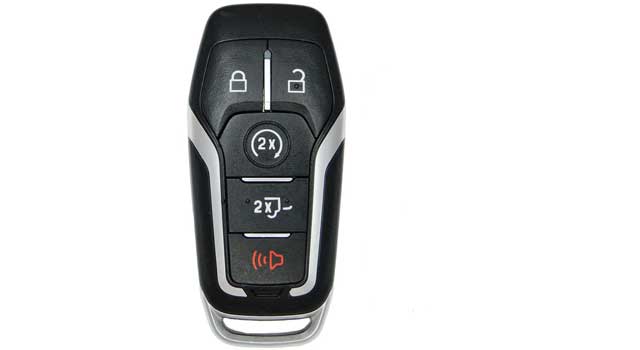A Handy Trick or Just A Myth?
Have you ever found yourself standing outside your car, desperately trying to unlock or lock it with the keyless entry remote, only to be disappointed by its limited range? If so, you may have heard the peculiar tip of holding the remote to your chin or head to boost the signal. While this may sound like an old wives' tale or a bizarre car magic trick, there may actually be some truth to it. In this article, we'll explore the phenomenon of holding your car's remote next to your head and uncover whether it truly enhances its range. So, let's dive in and unravel the mystery behind this peculiar practice.
The Science Behind the Trick
To understand why holding your car's remote next to your head might improve its range, we need to delve into the realm of electromagnetic waves and the human body. According to a Silicon Valley radio engineer, Tim Pozar, when you hold the remote to your head, you are capacitively coupling it to your head, creating a conductor due to the fluids present in your skull. Although not a perfect conductor, this connection allows the remote signal to travel further, effectively extending its wireless range by a few car lengths.
Water and Electromagnetic Waves
One crucial factor that contributes to the effectiveness of holding the key fob to your head is the presence of water in the human body. Approximately 60% of our body is composed of water. This water, when inside a cavity like our oral cavity, responds to electromagnetic waves in a beneficial manner. When the radio waves emitted by the key fob enter our water-dense body, a phenomenon known as a "dielectric resonator" occurs. This resonator amplifies the amplitude of the waves, ultimately increasing the range of the remote.
Anecdotal Evidence
While the scientific explanation behind holding the remote to your head seems plausible, it's essential to consider the anecdotal evidence shared by individuals who have attempted this technique. Many people claim that they have experienced an improvement in their car's remote control effectiveness by holding the remote to their chin or head. In fact, some have reported being able to unlock or lock their car from a significantly greater distance than before
Personal Experiments
To put this theory to the test, several individuals have conducted their own experiments to determine whether holding the car's remote next to their head truly enhances its range. One such experiment was conducted by William Van Winkle, who wrote an article for Tom's Guide. He confirmed that holding the remote to his chin increased his car's remote control effectiveness by approximately twice the previous range. He was able to back up 42 steps, roughly 85 feet, before losing contact with the car.
Possible Explanations
While it remains difficult to draw definitive conclusions about the effectiveness of holding the remote to your head without extensive research, several possibilities exist regarding why it might enhance the remote's range. One hypothesis suggests that the increased size of the head may make it a more efficient antenna, amplifying the radio waves being transmitted. On the other hand, the lower conductivity of the head compared to copper may make it a less effective antenna. It is also possible that the head acts as a reflector, directing more of the radio waves towards the car. Alternatively, the head may refract the waves away from the car, reducing the signal strength.
The Need for Further Research
Despite the numerous anecdotes and personal experiments, the scientific community has yet to conduct extensive research on this topic. The available information consists primarily of poorly designed experiments and anecdotal evidence from non-experts. To obtain more reliable data, qualified engineers equipped with proper test equipment would need to conduct comprehensive studies.
So What's The Verdict?
While the act of holding your car's remote next to your head may seem peculiar, there is some scientific reasoning behind its potential effectiveness. The fluids in your skull and the water in your body can act as conductors, extending the range of the remote signal. However, it is important to approach this phenomenon with caution and consider the possibility of selectivity bias in personal experiments. Further research conducted by qualified engineers is necessary to provide more conclusive evidence. Until then, if you find yourself struggling with your car's remote, it may be worth giving this unconventional trick a try and see if it improves your car's remote control effectiveness

